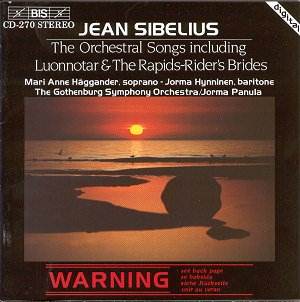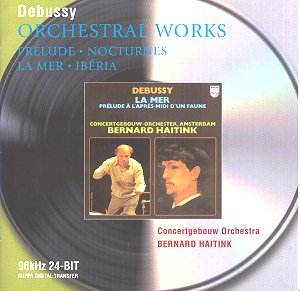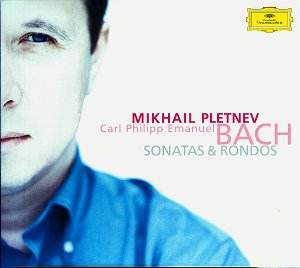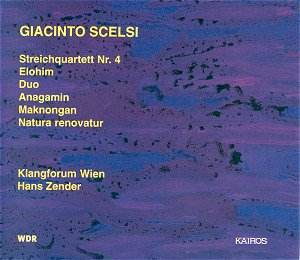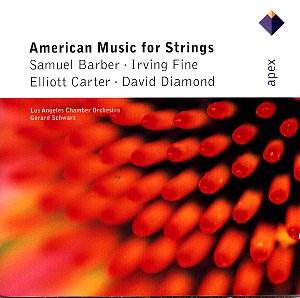 Composer: Samuel Barber, Irving Fine, Elliott Carter, David Diamond
Composer: Samuel Barber, Irving Fine, Elliott Carter, David Diamond
Works: Serenade for String Orchestra, Op. 1; Serious Song – A Lament for String Orchestra; Elegy; Rounds for String Orchestra
Performers: Los Angeles Chamber Orchestra/Paul Shure
Recording: Recorded 1980 – venue not given
Label: WARNER APEX 7559 79670-2
The selection of compositions on this disc, featuring the early works of four significant American composers, offers a fascinating glimpse into the development of their unique voices. Samuel Barber’s “Serenade for String Orchestra,” Op. 1, serves as a youthful yet earnest entry point into his oeuvre, composed in his late teens. Even in this early work, Barber showcases his lyrical sensibilities, though the first two movements, while pleasant, tend to blur into one another, relying heavily on a similar emotive palette. The finale, however, stands out with an angular dance theme that foreshadows Barber’s later, more mature compositions, blending sophistication with a buoyant charm.
Irving Fine’s “Serious Song,” composed in 1955, marks a significant stylistic shift on the disc, introducing a greater emotional complexity. The piece builds a palpable tension that resonates deeply, harnessing a rich harmonic language that evokes the weight of its subtitle, “A Lament.” Fine’s orchestration for strings allows for a lush interplay of textures, which the Los Angeles Chamber Orchestra navigates with commendable intensity. This performance captures the essence of Fine’s intent, conveying both sorrow and beauty without veering into sentimentality.
Elliott Carter’s “Elegy,” originally crafted for cello and piano before its reworking for string orchestra, offers a contrasting landscape of sound. The piece is notable for its innovative textures and use of extreme registers. The performance here under Paul Shure reveals the idiomatic nature of Carter’s writing, particularly in the way the strings interact, creating a dialogue that is at once intricate yet deeply expressive. The ensemble’s attention to detail in articulating Carter’s complex rhythms demonstrates a commitment to clarity, though the recording’s somewhat boxy quality diminishes the full impact of these nuanced exchanges.
David Diamond’s “Rounds for String Orchestra” emerges as the most substantial work on the recording, dating from 1944. Its lively first movement echoes the spirited rhythms reminiscent of Walton’s “Portsmouth Point” and Tippett’s “Concerto for Double String Orchestra.” The Adagio section, with its exploration of dissonance and a floating melodic line, highlights Diamond’s ability to weave an alluring tapestry of sound. The finale, characterized by Bartók-inspired pizzicato, underscores Diamond’s distinctive voice amidst a variety of influences. The Los Angeles Chamber Orchestra executes this work with exceptional assurance, showcasing both technical prowess and a deep understanding of the score’s intricacies.
While the interpretations by the Los Angeles Chamber Orchestra are commendable, the recording itself presents challenges. The sound quality leans toward a constricted, studio-like atmosphere that detracts from the lushness of the string textures, particularly in the slower movements. A broader sonic space would greatly enhance the emotional weight of the performance, allowing the subtleties of each piece to fully resonate.
The recording is an engaging collection that successfully highlights the early works of these four composers, each of whom played a pivotal role in shaping the American classical music landscape. Despite some technical shortcomings in sound quality, the interpretations are heartfelt and articulate. This disc serves not only as a testament to the early talents of Barber, Fine, Carter, and Diamond but also as an invitation to explore the rich tapestry of American string music.
